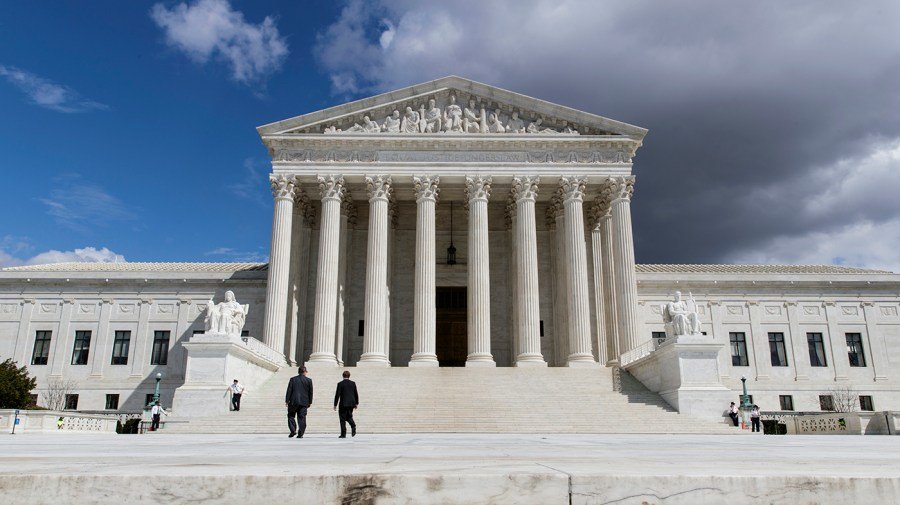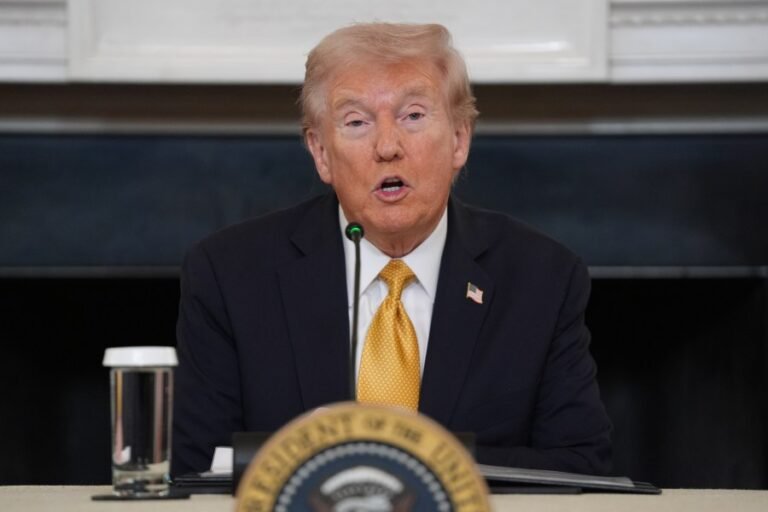
The Supreme Court on Tuesday declined to weigh an appeal from a Michigan Republican who signed a document falsely claiming President Trump won the state’s 2020 presidential race.
Clifford James Frost alleged that Michigan Attorney General Dana Nessel’s (D) criminal case against him and 15 other “fake electors” was pursued in bad faith and asked the justices to block it from moving forward.
“The AG brought the Michigan Criminal Prosecution with no reasonable expectation of obtaining valid convictions against the Republican Electors,” Frost’s lawyers claimed in his petition to the justices.
“She did so to retaliate against and/or punish the Republican Electors – all of whom are political opponents of the AG – for their unsuccessful efforts to protest the outcome of the election,” they continued.
However, a Michigan judge last month dismissed the charges against Frost and 14 other defendants after determining the state did not have sufficient evidence to prove intent.
State District Judge Kristen Simmons suggested the defendants were not “savvy or sophisticated enough” to fully understand the electoral process they were accused of manipulating to subvert former President Biden’s 2020 election win.
Nessel said at the time that her office was “evaluating” a decision about appealing. Her office waived its right to respond to Frost’s petition. The Hill requested comment.
Michigan charged the 16 pro-Trump electors in 2023, asserting there was “overwhelming evidence of an organized effort to circumvent the lawfully cast ballots of millions of Michigan voters in a presidential election.” Charges were later dropped against one defendant for cooperating with the prosecution.
The alternate electors scheme relied on then-Vice President Mike Pence to certify slates of Trump-supporting electors in battleground states instead of the true Electoral College votes cast for Biden. Pence declined to do so on Jan. 6, 2021, the same day a mob of Trump’s supporters stormed the Capitol.
Criminal cases against the “fake electors” in other states have seen similar setbacks.
In Arizona, a state judge in May ordered prosecutors to return their case to a grand jury. The Georgia case, which involved Trump himself, is in flux after the state’s top court declined to review Fulton County District Attorney Fani Willis’s (D) disqualification following her romance with a top prosecutor. The Nevada case was dismissed, which the state’s Democratic attorney general is appealing. And the federal election subversion case against Trump was dismissed when he won the presidential election.
The Wisconsin criminal case against two former Trump attorneys and a former campaign aide is moving forward after a state judge in August refused to dismiss the charges alleging they schemed to submit false paperwork claiming Trump won the state’s presidential election.


